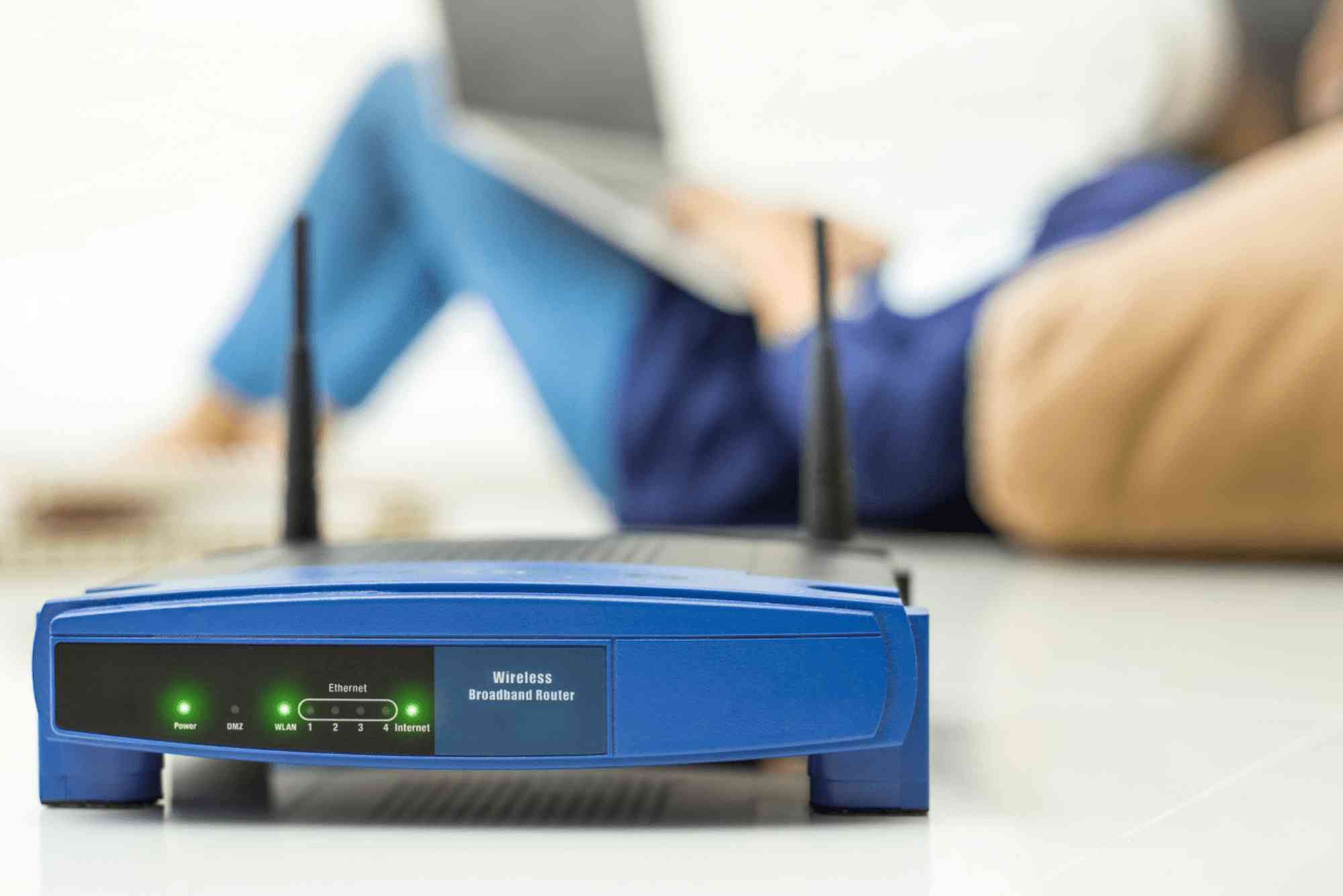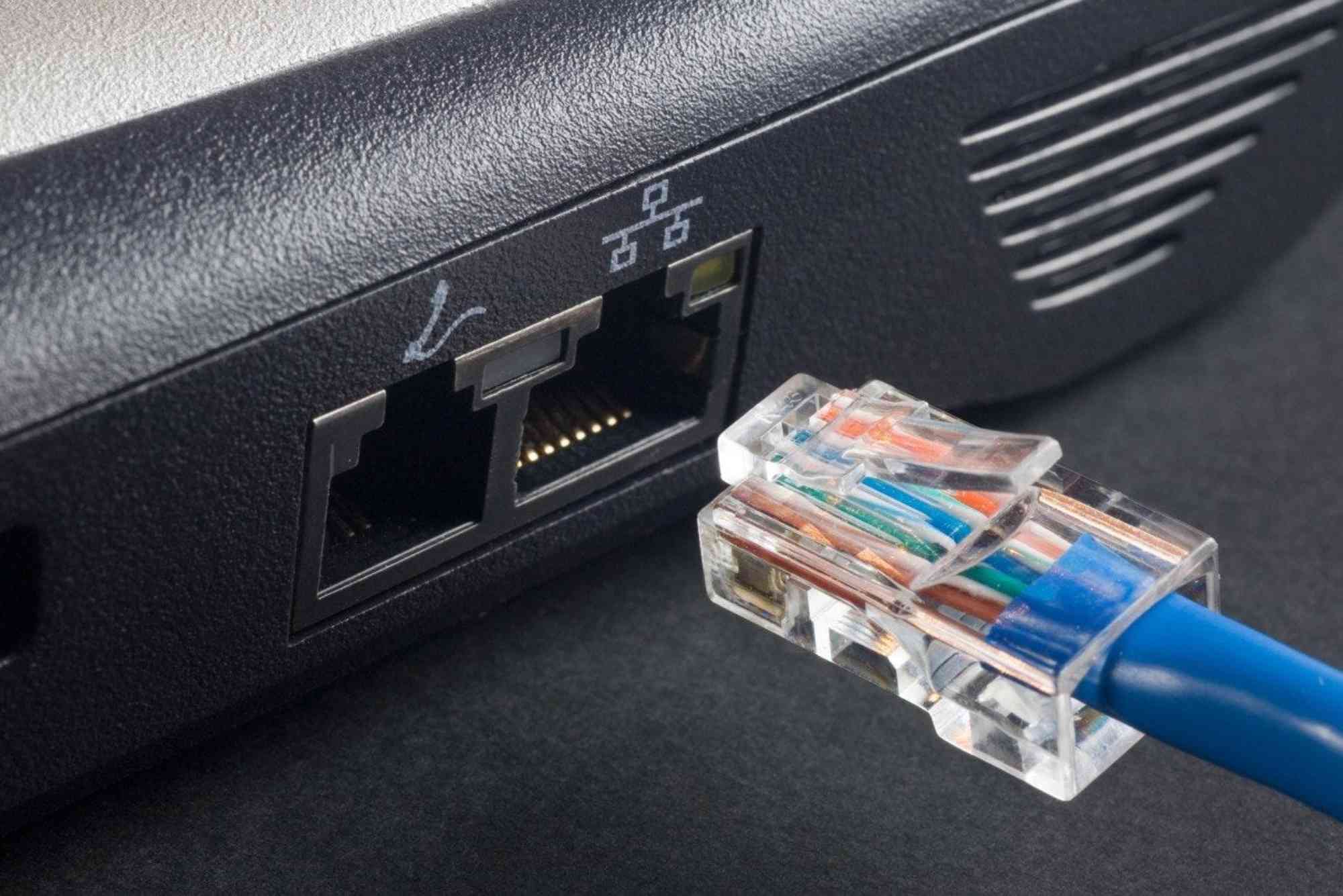Best Wi-Fi Range Extender Setup for Online Gaming
When it comes to online gaming, a stable and fast internet connection is non-negotiable. Gamers know that even a slight lag can mean the difference between victory and defeat. One common challenge players face is Wi-Fi dead zones or weak signals, especially when gaming devices are far from the router. This is where a Wi-Fi range extender for gaming becomes an essential solution. With the right setup, you can eliminate connection drops, reduce latency, and ensure smooth gameplay across consoles, PCs, or mobile devices.
Why You Need a Wi-Fi Range Extender for Gaming
Online gaming demands low latency, stable speeds, and consistent coverage. Unlike casual browsing or streaming, multiplayer games like Call of Duty, Fortnite, Apex Legends, or FIFA rely heavily on fast response times. A weak Wi-Fi signal can cause lag spikes, disconnections, and frustrating delays. A Wi-Fi range extender bridges the gap between your main router and your gaming device by amplifying and redistributing the signal. This means you get improved coverage in hard-to-reach areas, ensuring your console, laptop, or gaming PC stays connected without interruption.
Key Features to Look for in a Wi-Fi Range Extender for Gaming
Not all range extenders are created equal. When choosing the best option for gaming, certain features make a significant difference.
High-Speed Dual-Band or Tri-Band Support
Gaming requires high bandwidth. Dual-band extenders operate on 2.4GHz and 5GHz, while tri-band adds an extra 5GHz channel for even more capacity. This ensures you can dedicate one band to gaming traffic, reducing interference.
Low Latency Optimization
Latency, often referred to as “ping,” is critical in online gaming. Look for extenders with gaming-specific modes, QoS (Quality of Service), or low-latency optimization to minimize input lag.
Ethernet Ports for Wired Gaming
For competitive gaming, a wired connection is still the gold standard. Many Wi-Fi range extenders come with Ethernet ports, allowing you to connect your console or PC directly for a stable, lag-free connection.
MU-MIMO and Beamforming Technology
Modern extenders use MU-MIMO (Multi-User, Multiple Input Multiple Output) and beamforming to direct signals toward connected devices. This provides a more stable and efficient connection, even when multiple devices are online.
Compatibility and Easy Setup
Ensure the extender is compatible with your existing router and supports easy app-based setup. A smooth installation process saves time and frustration, especially for non-technical users.
How to Set Up a Wi-Fi Range Extender for Gaming
Setting up a Wi-Fi range extender for gaming doesn’t need to be complicated. Follow these steps to get the best performance.
Choose the Right Location
Placement is everything. Position the extender halfway between your router and your gaming device. Too close to the router, and it won’t expand coverage effectively; too far, and it won’t receive a strong enough signal to amplify.
Use the 5GHz Band for Gaming
While 2.4GHz offers better range, 5GHz provides faster speeds and less interference. For gaming, always connect to the 5GHz band whenever possible.
Connect via Ethernet When Possible
If your extender has Ethernet ports, use them. Connecting your console or PC directly reduces latency dramatically compared to wireless.
Update Firmware Regularly
Manufacturers often release firmware updates that improve performance and security. Keeping your extender updated ensures the best gaming experience.
Optimize Network Settings
Enable QoS settings to prioritize gaming traffic. This ensures that other devices streaming videos or downloading files don’t affect your ping and response time.
Best Practices for Gaming with a Wi-Fi Range Extender
To maximize your extender’s benefits, follow these best practices.
Minimize Interference
Keep the extender away from thick walls, microwaves, and cordless phones that can interfere with Wi-Fi signals.
Limit Connected Devices
The more devices connected to your extender, the more bandwidth gets divided. Dedicate one extender to gaming if possible.
Run Speed and Ping Tests
After setup, test your speeds and ping using tools like Speedtest. This helps ensure your extender is delivering consistent performance.
Consider Mesh Systems for Larger Homes
If your home is large and you still face dead zones, consider upgrading to a mesh Wi-Fi system. Mesh provides seamless coverage without switching networks, ideal for gamers who move between rooms.
Top Benefits of Using a Wi-Fi Range Extender for Gaming
Gamers often underestimate the impact of a strong Wi-Fi signal. A properly configured Wi-Fi range extender provides several benefits that directly enhance gameplay.
-
Reduced lag and faster response times
-
Stronger and more stable connections in every room
-
Seamless online multiplayer experiences
-
Ability to game wirelessly or via Ethernet for maximum flexibility
-
Improved streaming quality for platforms like Twitch or YouTube Gaming
Common Mistakes to Avoid When Using a Wi-Fi Range Extender
Even the best Wi-Fi range extender won’t perform well if set up incorrectly. Avoid these pitfalls.
-
Placing the extender too far from the router
-
Using only the 2.4GHz band for gaming
-
Ignoring firmware updates
-
Connecting too many devices simultaneously
-
Expecting extender performance to match high-end gaming routers
Alternatives to Wi-Fi Range Extenders for Gaming
While extenders are a great solution, some gamers may consider alternatives depending on their needs.
Mesh Wi-Fi Systems
Mesh routers provide whole-home coverage and eliminate the need for multiple networks. They are excellent for large households with many devices.
Powerline Adapters
These use your home’s electrical wiring to deliver internet to other rooms. They can be more stable than Wi-Fi but depend on wiring quality.
Direct Ethernet Runs
Running an Ethernet cable from the router to your gaming device is always the most reliable option, though not always practical.
Real-World Example: Improving Gaming in Rural Areas
Many gamers in rural or suburban areas struggle with weak signals due to large houses or distance from the router. Companies like Dhanote Internet Services provide solutions tailored to extending coverage and ensuring reliable connectivity. Pairing professional internet services with a strong Wi-Fi range extender ensures gamers enjoy low-latency and uninterrupted play, even in challenging environments.
For online gamers, every millisecond counts. A Wi-Fi range extender for gaming is not just a convenience; it’s a game-changer. By choosing the right extender, setting it up properly, and following best practices, you can eliminate lag, extend coverage, and enjoy seamless gameplay. Whether you’re battling enemies in an online shooter or exploring vast open worlds with friends, a strong connection ensures your skills—not your internet—determine the outcome.
If you’re ready to take your gaming to the next level, invest in a high-quality Wi-Fi extender and partner with reliable providers like Dhanote Internet Services to guarantee the ultimate online gaming experience.
Frequently Asked Questions
Is a Wi-Fi range extender good for gaming?
Yes, a Wi-Fi range extender for gaming improves coverage, reduces lag, and stabilizes connections, especially when devices are far from the router.
Does a Wi-Fi extender increase speed?
It doesn’t increase your actual internet speed, but it ensures you receive stronger signals in areas with weak coverage. This results in smoother performance.
Is Ethernet better than Wi-Fi for gaming?
Yes, Ethernet provides the lowest latency and most stable connection. However, extenders with Ethernet ports give you the best of both worlds.
Should I use 2.4GHz or 5GHz for gaming?
5GHz is better for gaming because it offers higher speeds and lower interference. Use 2.4GHz only if you need longer range.
How far should I place my Wi-Fi extender?
Place it halfway between your router and your gaming device. Ensure it receives a strong signal from the router to extend effectively.







